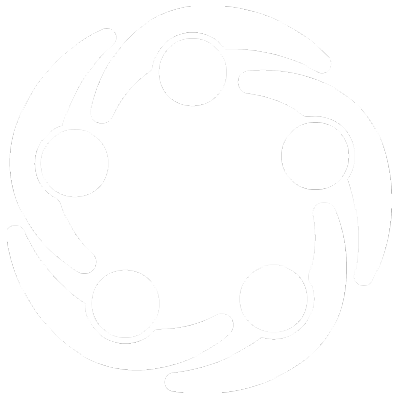Enhanced Prevention Learning Series
Getting Ready for Sustainability Planning
Overview
This 7-week distance learning series offers participants a unique, interactive experience to explore how to develop a sustainability plan.
Sustainability planning is an intentional process of looking critically at your current prevention infrastructure, processes, and strategies to develop the necessary resources to sustain meaningful prevention outcomes beyond current funding. Sustainability planning involves a series of concrete tasks to create feasible, ongoing support for essential components of your prevention work. Elements of sustainability planning include examining the impact of strategic planning processes, such as SAMSHA’s Strategic Prevention Framework (SPF) and interventions, priority setting, resource and feasibility analysis, communication planning, and resource and grant development.
This learning series incorporates online consultation, skill-based learning and practice, self-study and reading assignments, group activities, and discussion designed to guide participants through each of the five critical components of sustainability planning. Trainers will demonstrate how to use a set of tools to facilitate a sustainability process with community partners and will coach participants to set actionable steps and timelines to complete a plan over the next year.
Session Dates
Session 1 - April 7, 2020
Session 2 - April 14, 2020
Session 3 - April 21, 2020
Session 4 - April 28, 2020
Session 5 - May 12, 2020
Session 6 - May 19, 2020
Session 7 - May 26, 2020
Session Times
12:00 pm – 1:30 pm Alaska
01:00 pm – 2:30 pm Pacific
02:00 pm – 3:30 pm Mountain
Trainers
Jill Parker, BS, has been working in the field of public health for over twenty years. She is currently the Executive Director of the Utah Association of Local Health Departments and Utah Association of Local Boards of Health. In this role, she coordinates with and supports the 13 local health departments across the state, serves as a legislative liaison, and works to spread the message on the essential role of public health in communities. She also serves on the Executive Board of the Utah Coalition for Opioid Overdose Prevention and the Utah Poison Control Center Advisory Board.
Michelle Frye-Spray MS CPS, is a Project Manager at the University of Reno, CASAT. She is currently the Coordinator for the Northwest Prevention Technology Transfer Center. Michelle leverages her knowledge of prevention science with over 25 years of prevention-related experience to design and deliver engaging and impactful training and technical assistance. Her skills include coaching prevention practitioners to integrate prevention science into practice and apply data-informed planning to establish prevention practices and interventions worth sustaining.
Continuing Education
In order to receive 16 continuing education hours, participants are expected to view the 20-minute video tutorial, attend the live technology training, be prepared for and join each session and actively engage in discussions.
Due to limited enrollment, if you cannot commit to the full participant requirements, please defer this registration opportunity to others
Register here: https://www.pttclearning.org/courses/getting-ready-for-sustainability-planning-r10/
Space is limited to 15 participants
Cost is Free!
Questions? Contact Matt Minten ([email protected]) for any questions or difficulty in registering.
